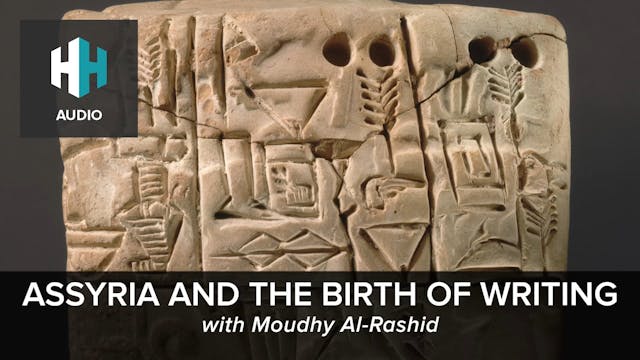In Greek and Roman antiquity, women’s voices were proof of their wickedness. The pitch and prattle was considered harmful, even unsanitary. In literature, powerful women were emblems of usurpation and mortal danger. Women speaking in public could not only jeopardize the men close to them, but bring about the fall of a nation. And yet this antiquated way of thinking isn’t quite as antiquated as it seems. Mute women, brutal men, shame as a means of control, androgyny as a means of avoidance: we haven’t progressed as much as we might think we have. And if Mary Beard’s new book, ‘Women & Power’, is about female silence in Ancient Greece and Rome, it is also a rousing call to recognize a heritage of female muteness and, in doing so, to subvert it. In this fascinating Spotlight interview with Dan Snow, Mary Beard explores the many ways that women have inherited a legacy of silence, and what we can do about it.
Up Next in Ancient Greece
-
Michael Scott on Classical Connections
When one thinks of the Ancient World you would be forgiven for instantly thinking of either the cultural glories of ancient Greece or the military might of the Roman Empire. Yet the Mediterranean and the Near East was just one part of a much larger, interconnected ancient world. In India and Chin...
-
Rodin and the Art of Ancient Greece
Born in Paris in 1840, François-Auguste-René Rodin is quite possibly the most famous sculptor in recent history. Considered by many to be the first ‘modern’ sculptor, his works such as ‘The Kiss’ and ‘The Thinker’ have become iconic throughout the world. He possessed a unique ability to model a c...
-
Assyria and the Birth of Writing
It is often the case that it is assumed that it was in ancient Greece and the eastern Mediterranean that was host to the foundation of European politics, culture, economics and engineering. But in fact, the development of sophisticated civilisations, writing cultures, complex technologies and sci...



